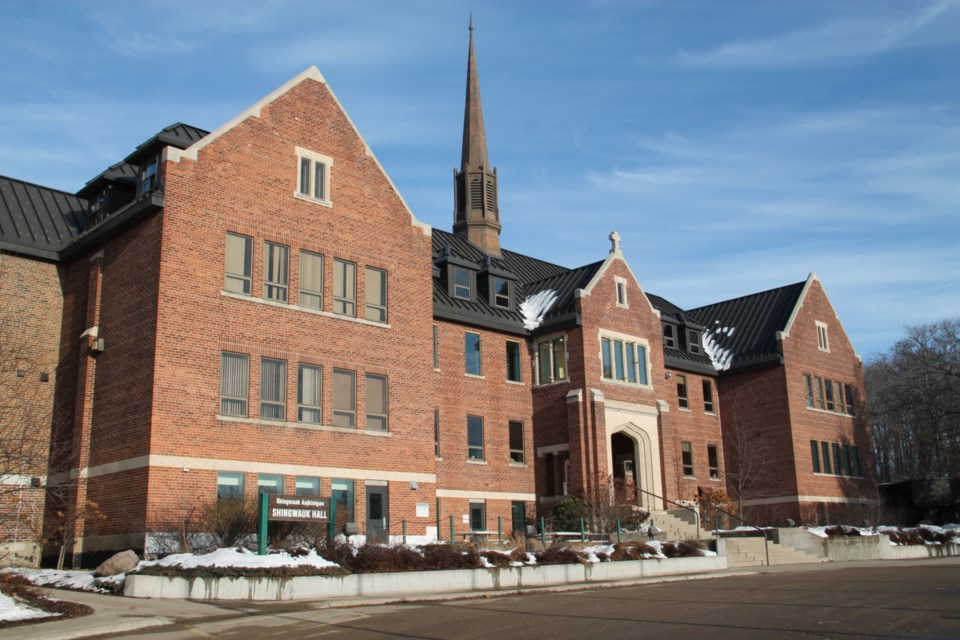An increase in the number of study permits at Algoma University in recent years has also resulted in an increase in the number of international students who have claimed asylum.
Even with a dramatic drop in the number of study permits received by the university this year, the number of asylum claimants continues to rise.
Information obtained from Immigration, Refugees and Citizenship Canada (IRCC) shows the number of asylum claims among Algoma University students increased over the years the university expanded the number of study permits — between 2018 and 2023.
The total number of study permits approved for Algoma University climbed to an all-time high of 8,845 in 2023, a more than 4,000-per-cent increase over the 220 permits approved in 2018. Over the same period, asylum claims among students climbed from fewer than five in 2018 to 30 in 2023.

While the number of study permits dropped to 1,685 for January to August of 2024, the number of asylum claimants more than doubled over the previous year to 70. That number doesn't include data from the fall term at the university.
The 30 asylum claims made by Algoma U students in 2023 are a small fraction of the 10,890 requests received Canada-wide by IRCC.

SooToday asked Mohamed El Kahlout, Algoma University's manager of communications, what supports are made available for students seeking asylum.
"Asylum claims made by students are handled directly between individual students and Immigration, Refugees and Citizenship Canada. These claims are private, and the University is not involved or informed of their details," said a statement attributed to the university.
The university has not yet responded to a request for a breakdown of how many students with study permits are located in Sault Ste. Marie versus Algoma U's campuses in Brampton and Timmins.
Sault College received 855 study permits in 2023, with a total of five students seeking asylum. The number of permits was reduced in 2024 to just 325 from January 1 to Aug. 31, but the number of asylum requests doubled to 10. Those numbers do not include the partnership Sault College had with triOS College.
Isabelle Dubois, senior communications advisor for IRCC, said the growing number of conflicts and crises around the world has led to an increase in asylum claims.
"All eligible asylum claimants receive an independent and fair assessment on the individual merits of their claim at the Immigration and Refugee Board of Canada, an independent, quasi-judicial tribunal," said Dubois. "However, there is no guarantee that a claimant will be allowed to stay in Canada."
Dubois said all applicants for temporary resident status agree to leave Canada when their status expires.
"Some temporary residents come to Canada as genuine visitors, students or workers, and then choose to apply for asylum because of developments in their country of origin," she said.
Last week, Algoma U president Asima Vezina told the university's board of governors there are challenges associated with the drop in the number of study permits and a continued freeze on domestic tuition, but she said strategies have been initiated to mitigate the financial risk.
While the university is experiencing a decline in enrolment from international students in the current academic year, some of that gap is being filled by a modest growth in domestic students enroling.
